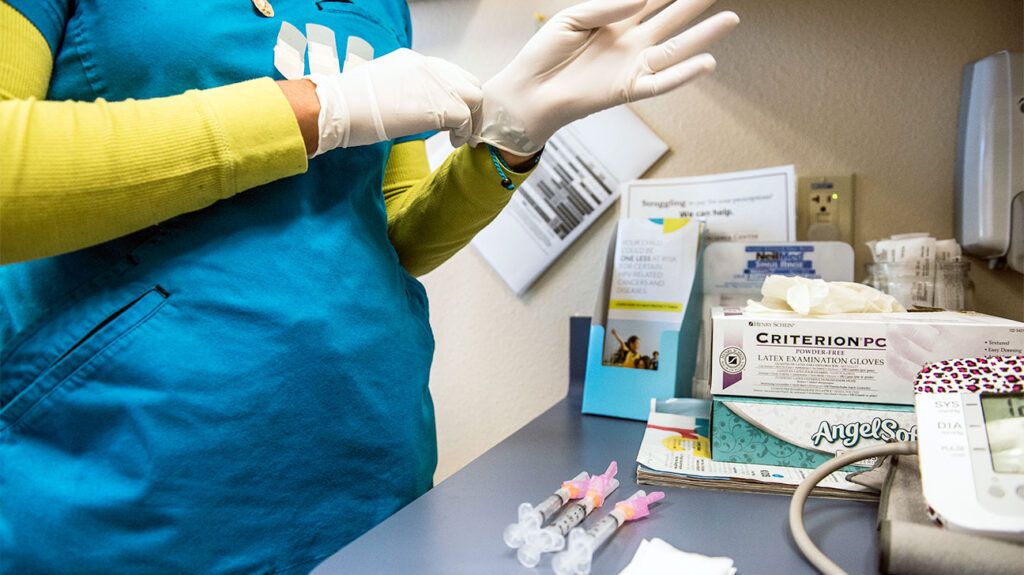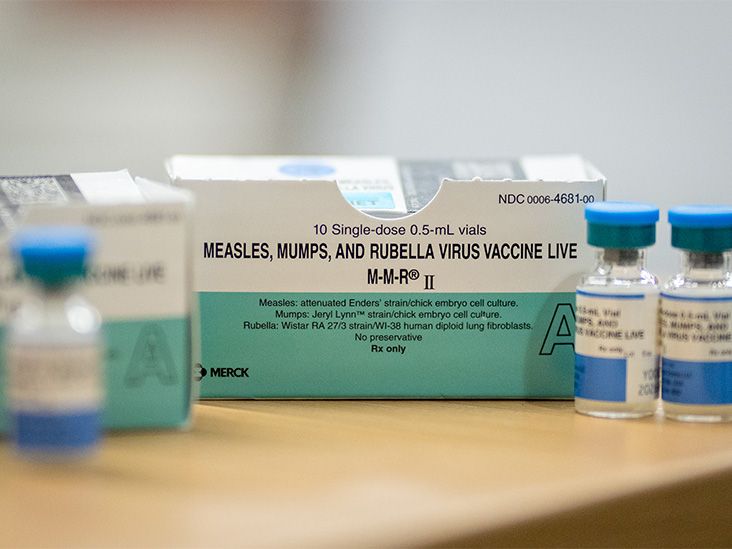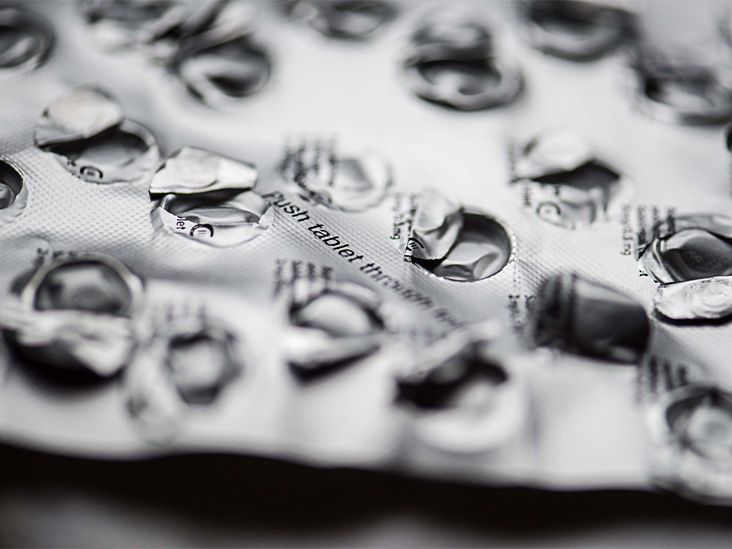Human papillomavirus (HPV) is a common group of viruses. There is some evidence to suggest that HPV may increase a person’s chances of developing prostate cancer.
Prostate cancer is a form of cancer that develops inside a person’s prostate, which is a walnut-sized gland below the bladder. This gland helps make semen, the fluid that carries sperm.
Read on to learn more about the connection between HPV and prostate cancer. This article will also discuss prostate cancer symptoms, the link between HPV and other forms of cancer, and HPV treatment and prevention.
A note about sex and gender
Sex and gender exist on spectrums. This article will use the terms “male,” “female,” or both to refer to sex assigned at birth. Click here to learn more.

Various studies suggest living with HPV may increase a person’s chances of developing prostate cancer.
According to the Centers for Disease Control and Prevention (CDC), HPV is a
The majority of HPV infections clear up by themselves over 2 years. However, they can last longer and cause certain types of cancer.
High risk HPVs
High risk HPVs are forms of HPV that can cause cancer. Doctors also call these oncogenic HPV types.
A
- high risk HPVs were present in 22.6% of cases of prostate cancer
- there was a significantly higher level of high risk HPV DNA in prostate cancers compared with the control groups that did not have prostate cancer in eight of the studies
- it is “highly likely” that high risk HPVs play a role in the development of some prostate cancers
A
Additional
The researchers theorize that the HPV virus may remain active for several years following infection, eventually causing the development of prostate cancer.
They suggest that this eventual development of prostate cancer may be due to a weakening of the immune response as a person ages. However, they also state that more research is required to confirm the role HPV may play in the development of prostate cancer.
Learn more about HPV.
HPV
Some types of cancer that HPV may cause include:
The
- more than 90% of anal and cervical cancers
- around 70% of vaginal and vulvar cancers
- 60% of penile cancers
It states that HPV may also contribute to the development of 60–70% of oropharyngeal cancers.
The
- difficulty fully emptying the bladder
- difficulty starting to urinate
- frequent urination, especially at night
- a weak or interrupted flow of urine
- burning or pain during urination
- blood in semen or urine
- painful ejaculation
- persistent pain in the back, pelvis, and hips
It is best for people to speak with their doctor as soon as possible if they experience any of these symptoms, as a range of conditions may cause them. A healthcare professional can help determine the underlying cause.
The
Genital warts
Genital warts are small bumps that develop on a person’s genitals. They may clear without treatment, stay the same, or multiply.
A healthcare professional
Cervical precancer
Healthcare professionals can use Pap smear tests to check a person’s cervix for precancerous cells, which may eventually develop into cancer. A healthcare professional may use a loop electrosurgical excision procedure to remove precancerous cells from the cervix.
Other HPV-related cancers
The type of treatment a doctor recommends for HPV-related cancer will depend on the type of cancer a person has. Some possible treatments include:
A person can speak with their doctor about options that may be right for them.
According to the
- using condoms
- receiving the HPV vaccine, if eligible
- undergoing regular Pap smear tests for cervical cancer, if eligible
Cancer resources
To discover more evidence-based information and resources for cancer, visit our dedicated hub.
HPV is a group of viruses that can cause health conditions such as genital warts and certain cancers.
Evidence suggests there may be a link between HPV and the development of prostate cancer. However, further research is necessary to confirm this. Research also links HPV with several other cancers, such as cervical, anal, and oropharyngeal cancer.
Most cases of HPV clear up by themselves over time. Although there is no treatment for HPV, treatments are available for the health conditions it can cause. A person should speak with their doctor if they experience any symptoms of prostate cancer.


